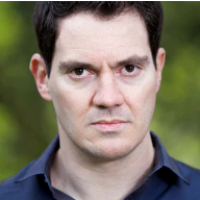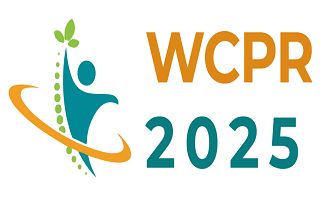Physical Medicine and Rehabilitation
Address: EN, The Grove, Bath Rd, Harmondsworth, West Drayton UB7 0DG, United Kingdom
WCPR 2025
- Home
- Scientific Program

University of the Third Degree, Australia
Abstract:
Back pain in the paediatric
population is a common presentation due to the recent development of shaft
sinking and the relatively inexpensive remuneration requirements of employees
aged six to ten. Members of this demographic often display poor balance and
proprioception, with the consequent morbidity and mortality resulting in
time-consuming and ultimately costly rehiring processes. Such processes can be alleviated
by providing the relevant assets with on-the-spot surgery, but a shortage of
paediatric vertebrae donors frequently renders rehiring the more parsimonious
option. One solution to this conundrum involves a widening of the donation net
whereby vertebrae are sought from populations with reduced capacities for
verbal consent. Meles meles represents an optimal example of such a population,
with recent UK culling measures facilitating a thriving transoceanic trade in
osseous tissue. We present evidence that the relevant procedure can be
performed rapidly and at a low cost. Short-term side-effects of the relevant procedures
are unmeasured, and the lack of legal precedent presents an opportune window for
its widespread implementation.
Biography:
Dr Joseph completed his PhD in Molecular Linguistics at the University of St Hospital, as well as a Certificate II in Self-Care at the University of Aquarius. He is the director of Have a Heart, a for-profit transplant agency based at Hanging Rock. He has published more than 45 in reputed journals and has served time.
Evolve a road map to explore solutions to your next-generation science and technology challenges at a place where scientists, clinicians, scholars, academicians, and policymakers shake hands to strategize visionary ideas and life-saving formulas. Be part of the dynamic forum that knows no boundaries to mastermind breakthroughs that the digital age is awaiting.
Contact Us
Scitechseries Publishing Limited
71-75, Shelton, Covent Garden
London, WC2H 9JQ
Email: physicalmedicine@scitechconference.com
Phone: +44 2045874848
WhatsApp: +44 2045250803
Sponsor/Exhibition:
Email: sponsorship@scitechseries.com
